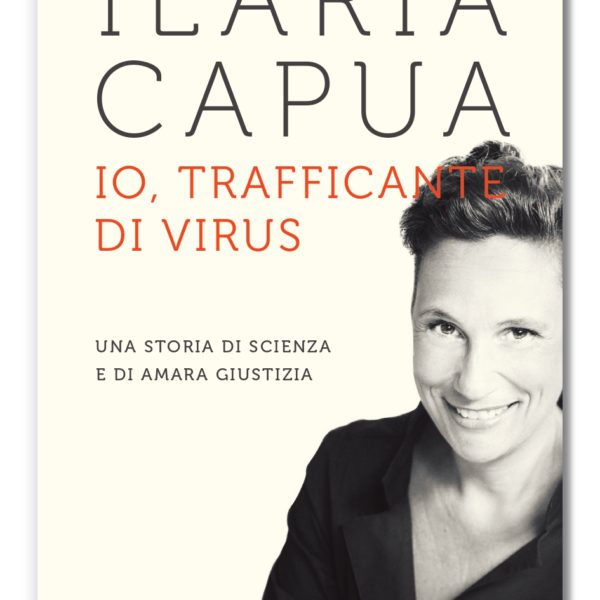Throughout scientific history, the prevalent politics of the time have hindered scientists in pursuit of their scientific goals. Galileo (1564–1642), the Italian astronomer and physicist, was tried and convicted in 1633 for publishing his observation that the earth revolves around the sun. The Holy Inquisition banned his writings, and Galileo spent the remainder of his life under house arrest. The recent book and popular film Hidden Figures retold the story of African American women mathematicians who helped win the Space Race in the mid-twentieth century.
Prior to that, few people knew that Katherine Johnson, Dorothy Vaughan, and Mary Jackson overcame racial and gender discrimination while working at the National Aeronautics and Space Administration (NASA). Rosalind Franklin, a physical chemist, produced the first x-ray photographs of DNA that were one of the most critical pieces of information that allowed Watson and Crick to finally describe its structure in 1953. The Nobel committee at the time only acknowledged the role of the gentlemen in the discovery. Such examples from history compel us to examine our present: what adverse forces hinder women scientists today as they strive to become expert and trustworthy defenders of science?
Being a Virus Trafficker makes a valuable contribution to this discussion. Written by one of today’s leading women scientists, Prof. Ilaria Capua, this memoir is a fascinating account of the scientific, political and legal challenges she overcame during her tenure in the Italian Parliament’s House of Representatives from 2013-2016.
